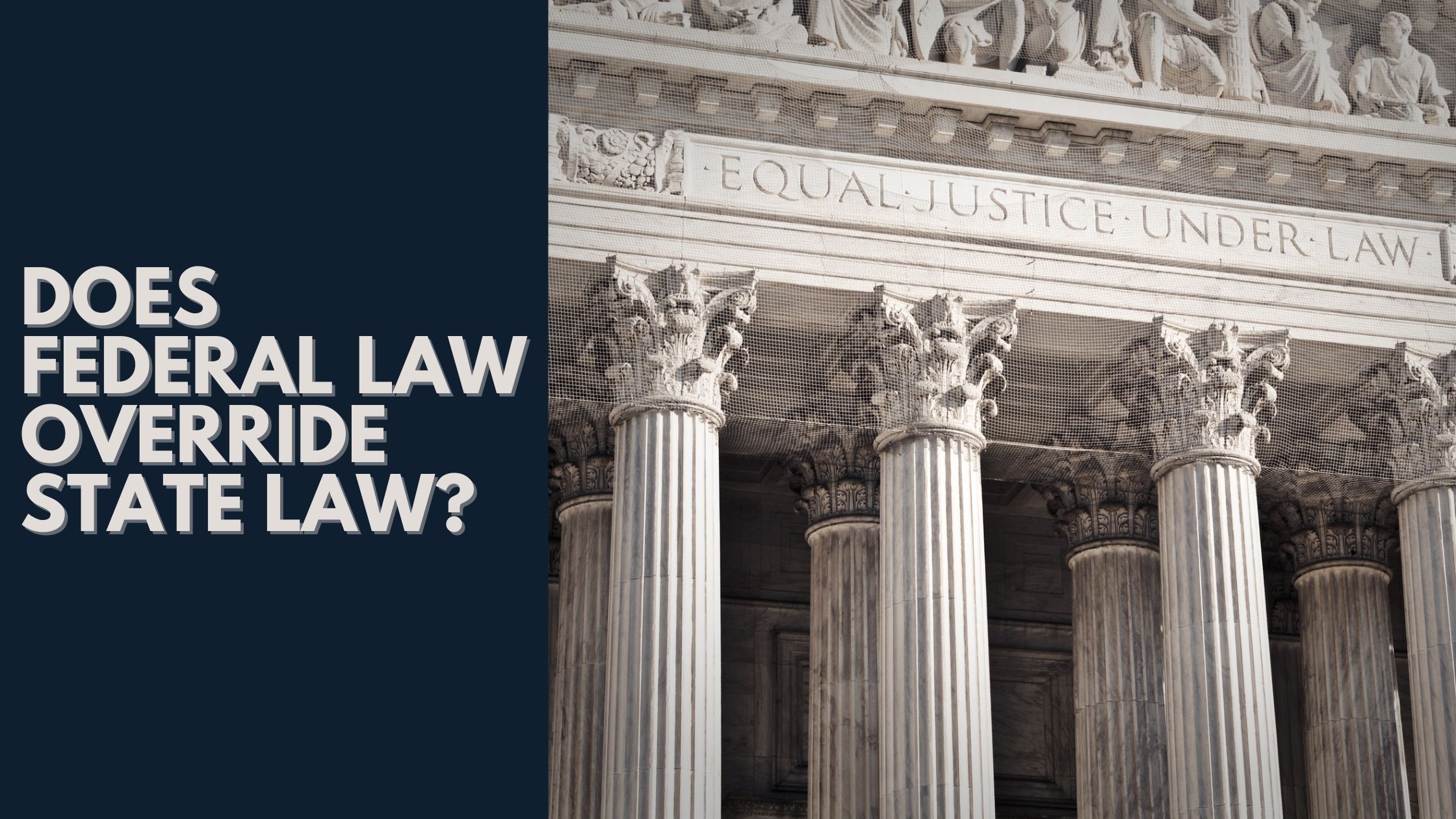Table of Contents
ToggleThe traditional definitions for murder and felony murder are not the same. There’s a substantial difference between the two. While all homicides are considered felonies under United States criminal law, some homicides earn a special classification as felony murder, sometimes stylized as felony murder.
What is felony murder?
Felony murder occurs when a murder is committed during the process of another felony. For example, this charge is applied to an individual shot and killed during a burglary. It can also be applied to officers or civilians killed due to a high-speed chase from a fleeing felon.
A person killed due to unintentional negligence or reckless behavior is usually charged with involuntary manslaughter. However, states use felony murder charges for instances where the circumstances are more severe in nature.
Under United States Model Penal Code
Each state has its own unique definition of murder and guidelines for sentencing. However, most states base their definition of murder on the United States Model Penal Code.

At its most basic, murder is defined as unlawfully killing another person. Under the Model Penal Code, murder can be divided into three categories: intentional murder, reckless murder, and felony murder.
Felony murder is any homicide that occurs during or as a result of the commission of a felony. This can include murders occurring alongside burglary, rape, or arson.
Unlike other definitions of murder, felony murder does not need to be intentional. Deaths resulting from extreme recklessness can qualify for felony murder in many states.
Why Felony Murder Charges Are Used
In virtually every state, murder is classified as a felony, but not every murder is classified as felony murder. A felony is any crime with especially serious circumstances that warrants a higher sentence than a misdemeanor.

Any crime involving the death of another individual, whether considered homicide or involuntary manslaughter, is a felony in the United States.
If an individual faces more than one felony charge, such as rape and homicide, and these acts happen concurrently, then the murder will be classified as felony murder.
This is an elevated charge for deaths that would otherwise be considered involuntary manslaughter.
While the death may be accidental or the result of reckless behavior, the criminal circumstances allow the charge to be elevated from involuntary manslaughter to felony murder.
Unlike other types of murder, felony murder doesn’t have to be intentional or premeditated. States use this charge to more accurately reflect the severity of the crime.

On the other hand, individuals charged with involuntary manslaughter may have killed someone due to driving under the influence or medical malpractice.
Malice in Murder
An important term in defining murder is malice. Malice, in law, means the intent to do harm. Malice is a necessary element that must be proven to convict one of first-degree or capital murder in most states.
The Model Penal Code defines four types of malice: purposeful, knowing, reckless, and negligent.

The latter two types of malice don’t necessarily need to have meaningful intent behind them in order for the individual to be found guilty of a crime.
Instead, the guilt is found in the individual either actively disregarding or failing to be aware of the risk that led to the death of another individual.
Felony Murder in California
Every state has its own specific approach regarding felony murder law, and some states, like Hawaii, don’t have a felony murder charge at all. In California, a person does not have to actively kill an individual in order to be charged with their murder.
If the defendant participated in the felony that resulted in another person’s death, they are eligible to be charged with their murder.
For instance, if an individual was killed during the process of a burglary, the getaway driver could be charged with their death, even if they never left the vehicle. This is because they were an active participant in the crime and were aiding and abetting.
Felony Murder in Texas
Texas has two laws regarding the homicide of an individual during the commission of a felony. In addition to the felony murder rule, the law of parties may also apply.
The law of parties in Texas state law asserts that when an individual aid and abets a group during a felony and another felony is committed in the process, then all individuals in the group can be held responsible for that felony.
This applies to homicide charges as well. However, suppose an individual is charged with felony murder as a result of the law of parties. In that case, they may not receive the death penalty for this charge on account that they did not actively assist in the murder, only the underlying crime.
Felony Murder in Hawaii
There are a number of controversies regarding the felony murder rule, which led the state of Hawaii to ban the rule outright.
In revising the legal code, legislation now suggests that deaths be investigated separately and charged appropriately rather than automatically being escalated to criminal homicide.

Get Smarter on US News, History, and the Constitution
Join the thousands of fellow patriots who rely on our 5-minute newsletter to stay informed on the key events and trends that shaped our nation's past and continue to shape its present.
This means a death that occurs during a felony crime may be charged as involuntary or voluntary manslaughter. Alternatively, it could also be charged as a first-degree or capital homicide, carrying a higher sentence than a felony murder charge itself.
Hawaii is not the only state to ban felony murder charges. Kentucky also does not have any laws regarding felony murder.
Homicide in United States Law
Many people assume that the answer to the question “What is felony murder?” is the same as to the question “What is murder?”.
However, there are some paramount differences between the two. Most notably, a person does not have to actively take another person’s life in order to be charged with their death.
This has led to a number of controversies regarding the fairness of this charge. Despite this, every state has a law regarding felony murder, with the exception of Hawaii and Kentucky.
Felony murder charges can carry higher sentences than typical involuntary or voluntary manslaughter charges. Still, these sentences may be lesser than traditional murder charges such as first-degree murder or second-degree murder.











